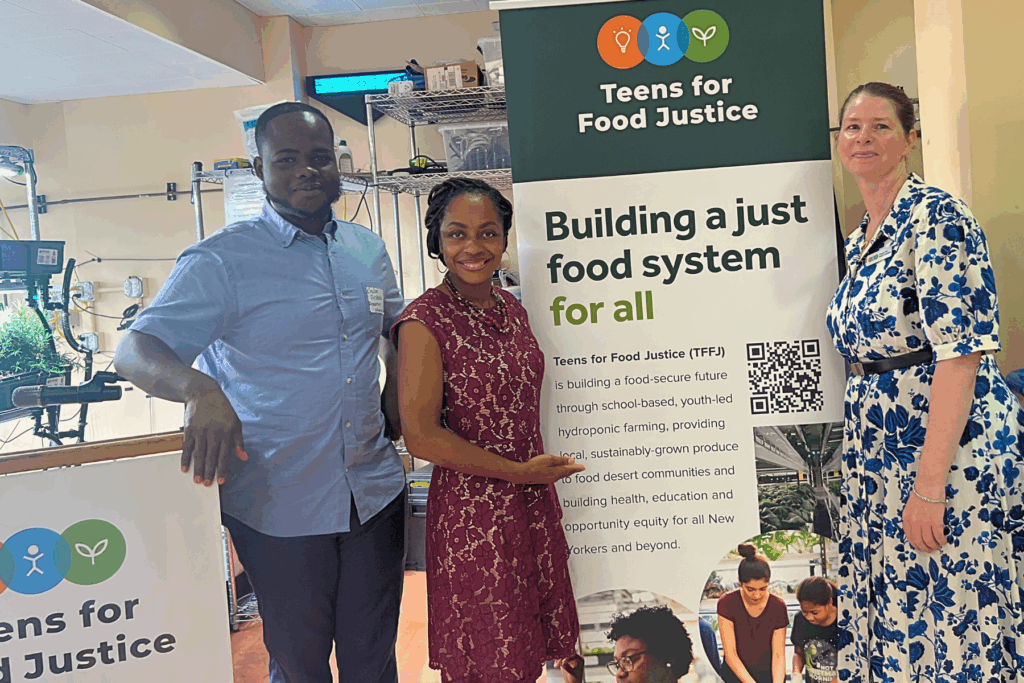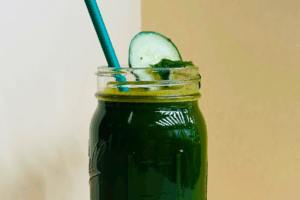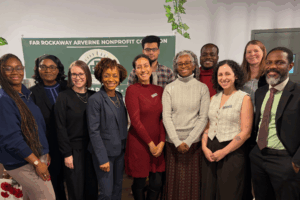By: Pamela Honey
Building a Healthier Future Together: Far Rockaway Food Systems Networking Breakfast
Teens for Food Justice (TFFJ) hosted the first Far Rockaway Food Systems Networking Breakfast inside the Far Rockaway Educational Campus’ in-school hydroponic farm—bringing together educators, healthcare providers, community partners, and elected officials to imagine a stronger, healthier local food system.
“This is one of my very first public events as a new CEO, and I can’t think of a better way to get started surrounded by so many people who are doing the meaningful work of building a healthy, more secure, more self sufficient and more equitable Far Rockaway,” said Dr. Meghan Groom, TFFJ’s CEO. She pointed to the farm itself, where produce “goes right back into the cafeteria…to the campus community and the wider community,” and where students gain “intergenerational learning opportunities that touch so many key pieces of education and overall well-being.”

A community vision
Assembly Member Khaleel M. Anderson reminded the room why this work is urgent. “This is often the forgotten stepchild of New York City. Our food access system is unique,” he said, noting limited supermarkets, high rates of diet-related illness, and families stretched thin.

For Anderson, student-run farms are more than classrooms: “This farm is a representation of the fight back. It shows what happens when young people and educators take charge of their own food system.” He also stressed the need for systemic solutions that extend beyond school walls, including the creation of a permanent emergency food storage hub dedicated to the Rockaway Peninsula. “We’re talking about resilience,” he said. “So that when a storm or a crisis comes, our community is not left behind.”
Transforming schools and students
Principal Zoanne Wilkins of M.S. 53 spoke to the farm’s effect on her students. “I’ve watched students who were once shy begin to blossom—sharing ideas, leading conversations, and finding their voices,” she said.
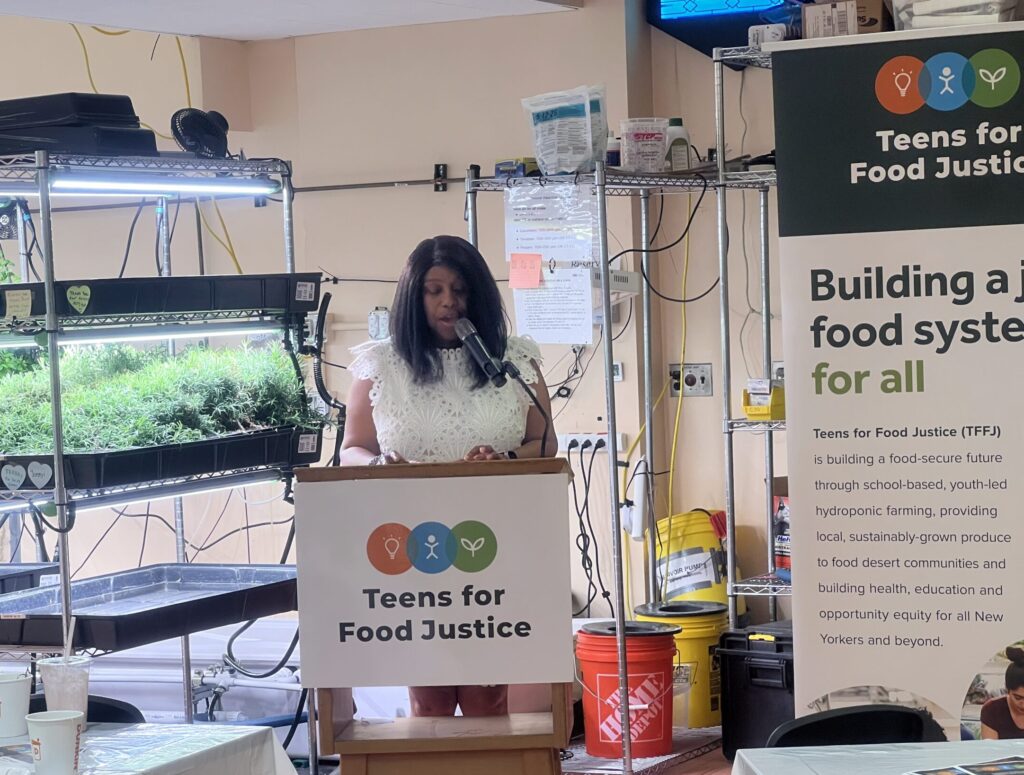
She described the farm not simply as a place to grow vegetables, but as a place where students grow into leaders. “You cannot teach that kind of confidence from a textbook. You have to give students the space to live it,” she said. What began as a school project, she added, has become “a community space for growth, for wellness, and for connection.”
From farm to family
Jessenia Preciado, TFFJ’s Far Rockaway Regional Manager, shared the impact she hears about directly from students: “Students tell me how much they love recreating the recipes we try in class at home, using the greens they’ve helped grow. Many of them are cooking for family members who live with diabetes, cholesterol, or high blood pressure, and they feel really empowered.”
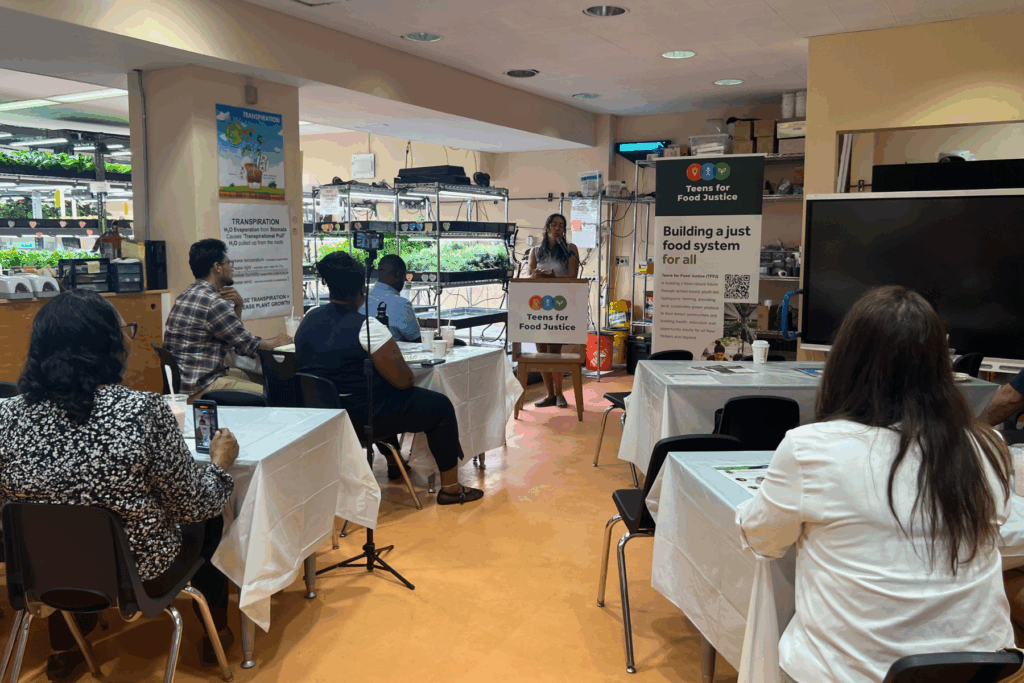
She also highlighted how students begin to see themselves as advocates. “They go out to the neighborhood, come back with feedback, and start exploring which community partners can help us. They understand they are the leaders.”
Food as a human right
Tania Collazo, Senior Director of Nutrition at JASA, reminded the room that addressing food insecurity goes far beyond filling plates. “The right to food is not fulfilled simply by a full belly,” she said. “It is fulfilled when individuals have consistent access to meals that support long-term health, prevent disease, and enable people to live with dignity.”

Collazo described how nutrition can be a tool for equity rather than scarcity. “Food is never just food—it is culture, it is medicine, it is community. And when we get it right, we don’t just nourish bodies, we nourish futures.”
A shared commitment
Council Member Selvena Brooks-Powers, who represents District 31, closed the morning with a reminder that the fight for food justice is personal and ongoing. She reflected on her advocacy during the COVID-19 pandemic, when she organized pop-up sites to distribute fresh produce across Southeast Queens, and on her earlier efforts to hold local supermarkets accountable for the lack of healthy options in Far Rockaway.
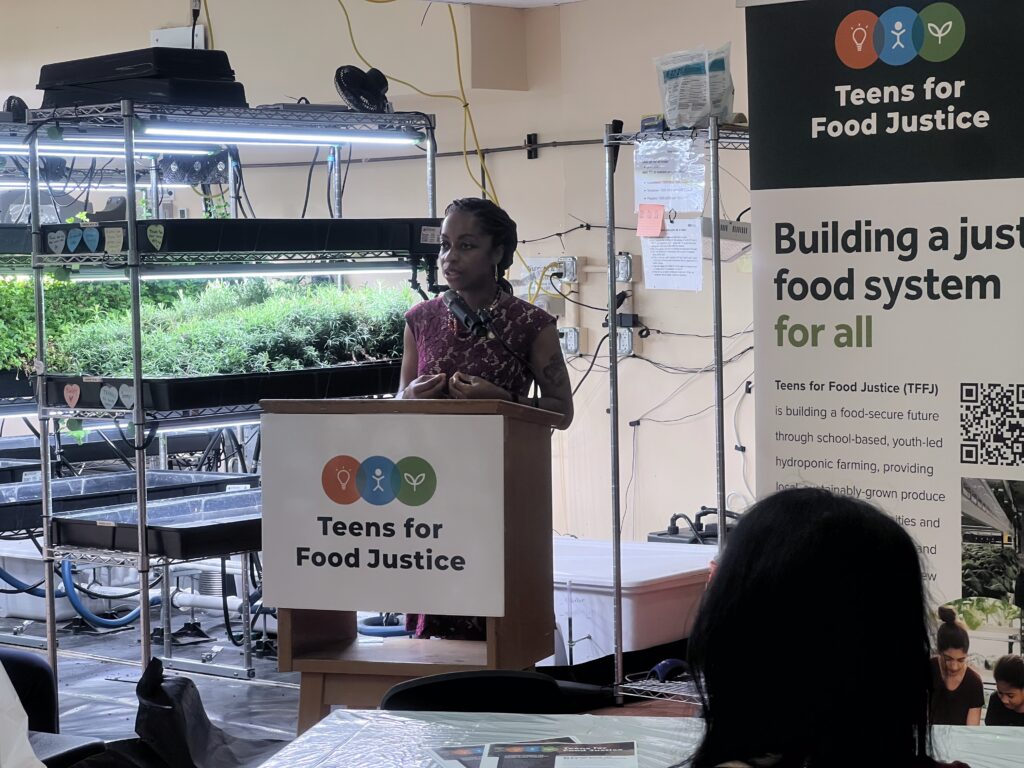
“Sometimes people don’t know, and it’s about really educating people about what’s healthy, what’s not, and how food can be medicine,” she said.
Brooks-Powers emphasized that food access is inseparable from broader community health. “When I talk about health, I mean the whole spectrum—that means food, that means public safety, that means access to healthcare.” She shared her pride in securing funding for TFFJ’s work on the Peninsula, adding, “I’m most excited about the work they do here in the Far Rockaway campus, growing nutritious food and connecting families who may be insecure to healthy options.”
She welcomed the breakfast as the beginning of an ongoing tradition. “I’m told this is going to be a series now, and I’m looking forward to continuing our partnership,” she said.

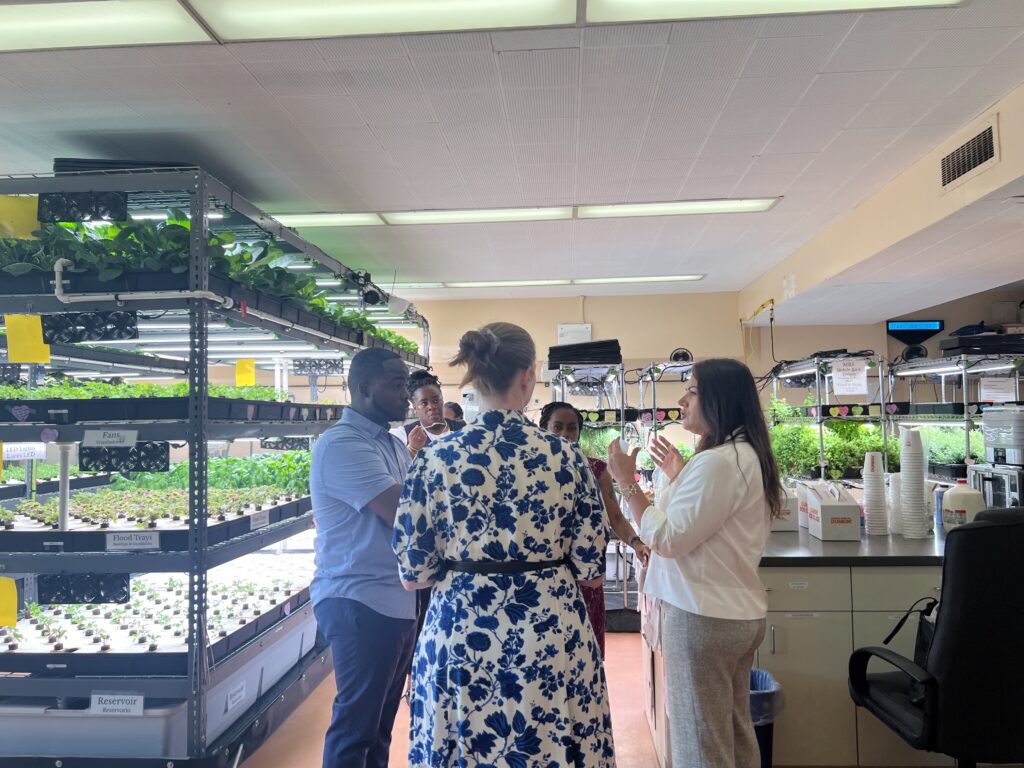
Dr. Groom concluded by emphasizing that this was only the beginning: “We hope this is just the start of our opportunities to share ideas, spark collaborations, and strengthen the work already happening across Far Rockaway.”❦
Pamela Honey is the Communications & Content Coordinator at Teens For Food Justice.

